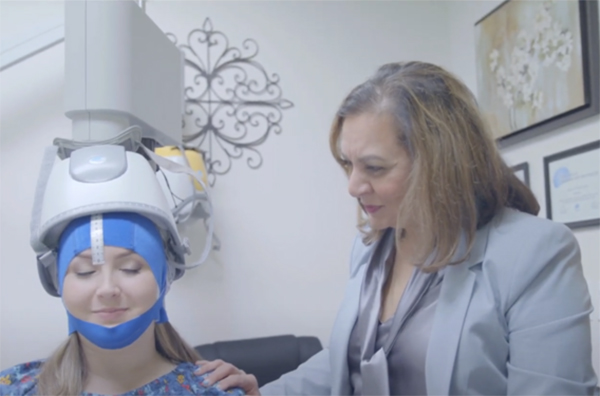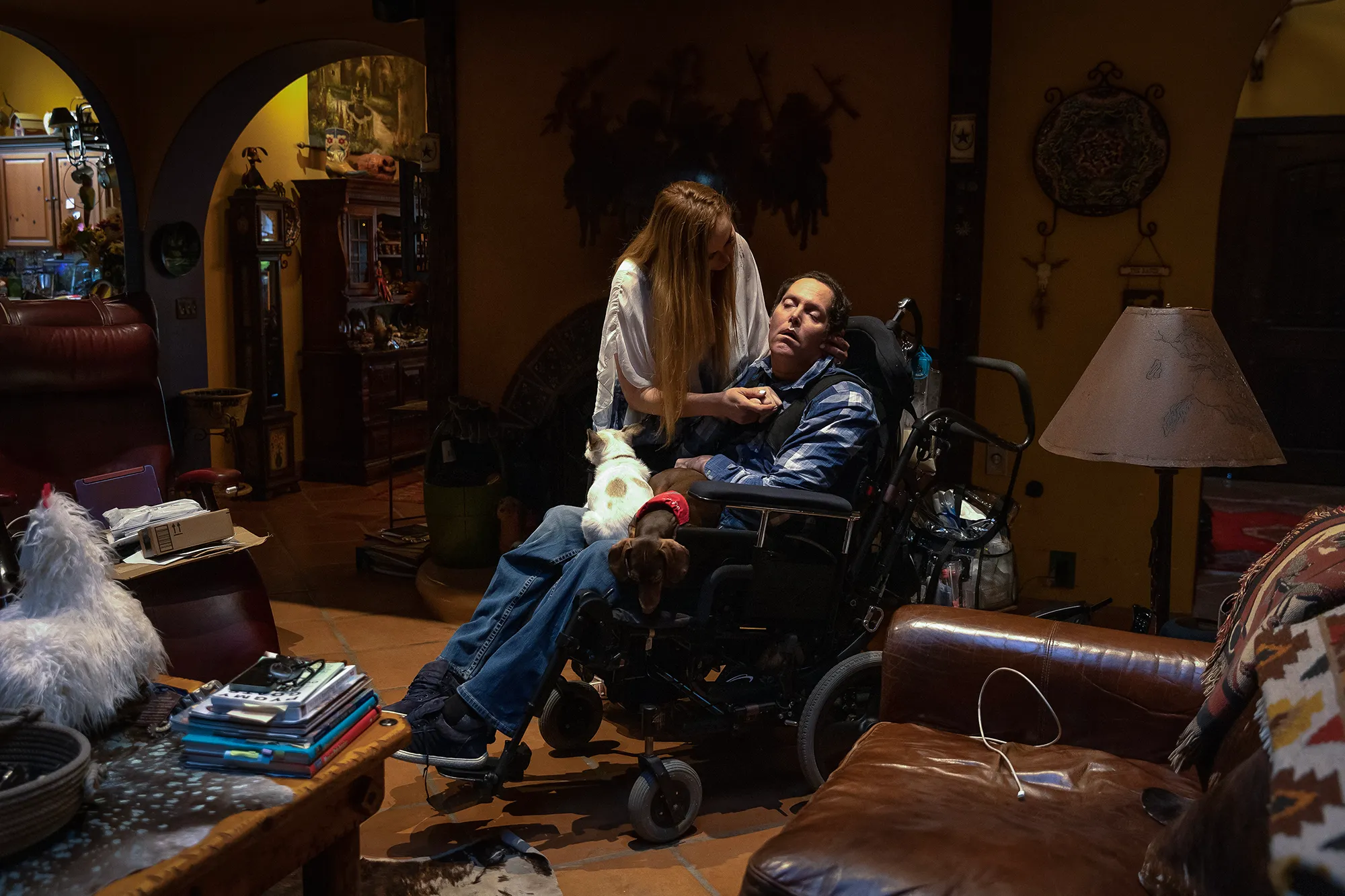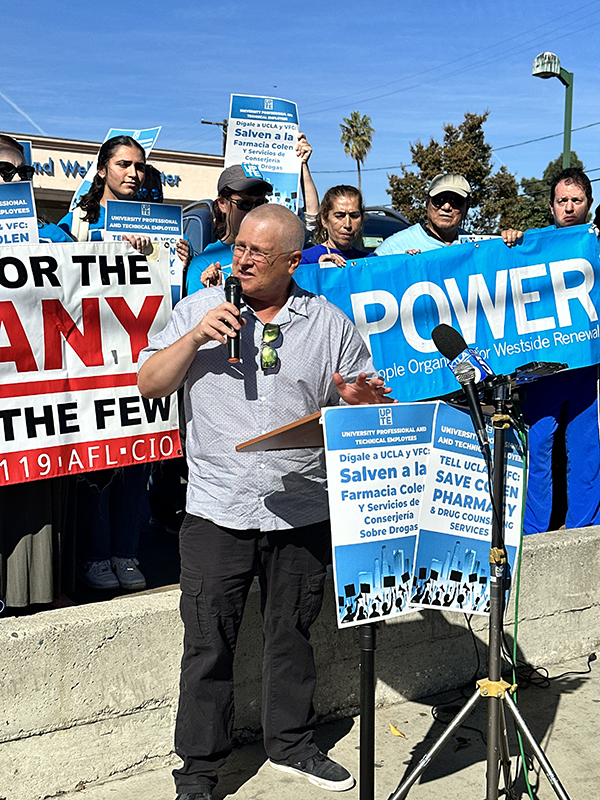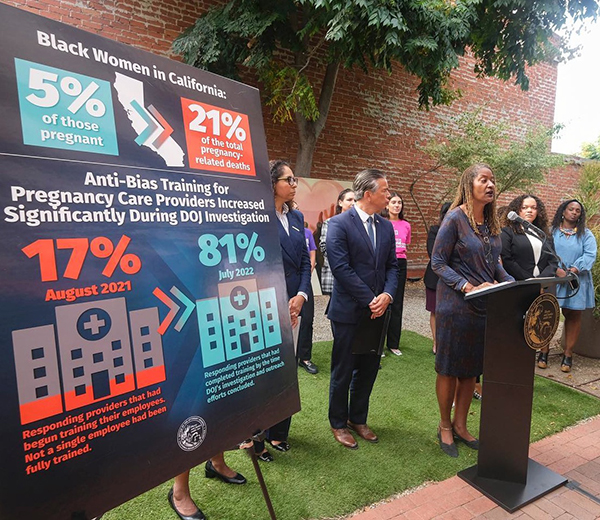By Marie Y. Lemelle, Contributing Writer
More than 4.7 million Americans have been infected with COVID-19, according to the Johns Hopkins University COVID-19 global tracking map. The National Institute of Mental Health reports that depression is the most common mental health disorder in America, affecting an estimated 19 million Americans.
With the combined worry about contracting COVID-19, fear of dying, financial ruin, ongoing isolation, food supply insecurities, increased consumption of alcohol and drugs, and other uncertainties, it is no wonder that depression is on the rise. Symptoms of depression include overwhelming sadness, chronic fatigue, irritability, sleep disorders, unhealthy eating habits and a lack of interest in activities like reading, listening to music or gaming.
Dr. Shashita Inamdar, the medical director at Achieve Medical Center and Achieve TMS Center, has more than 20 years of expertise in the diagnosis and management of emotional and psychiatric disorders.
“When we combine constant exhaustion with limited social interactions and concerns about health or finances, there is the potential to develop a serious mental health issue,” Dr. Inamdar said. “Many people are in this situation, and mental health professionals are seeing a spike in depression, anxiety, and other serious conditions.”
ML: How do our brains process chronic stress?
SI: Quarantine fatigue is affecting many people during the pandemic, including several of my patients. Even if you are getting plenty of rest at night, the stress caused by COVID-19 can still leave you feeling drained. It takes a tremendous amount of mental energy to constantly be bombarded with negative and changing information.
This makes our brains behave as if we were living in the jungle on edge because dangerous wildlife could pounce at any moment. Even though the pandemic presents a completely different type of threat, our brains still respond in the same way — by triggering a stress response that always keeps you on high alert. It keeps you continually in a state of readiness to wake up, run or fight for your life. When applied to modern-day quarantine life, it can exhaust you by keeping you constantly on edge and even producing less restorative sleep.
ML: How does something challenging like COVID-19 trigger depression?
SI: No one is immune to depression, but some people are at a higher risk of developing it due to a family history of depression, mental health conditions, psychological trauma or stress. For people who were already experiencing mild symptoms of depression or were at a heightened genetic risk before the pandemic, COVID-19 may trigger a major depressive disorder. If not addressed early, these symptoms can spiral out of control and put lives in danger.
ML: How does someone know if their mood issues are just situational to COVID-19?
SI: I would advise worrying less about pinpointing the exact moment of onset of symptoms or trying to forecast when it will end and put more energy into addressing your current situation. Working with a doctor or therapist may help you answer this question, but more importantly they will help make sure that you are safe and getting the support you deserve during these extremely difficult times.
ML: What are some of the ways to protect mental health during social distancing?
SI: In addition to seeking out professional mental health services, the most important thing you can do is to have meaningful connections with others and implement self-care strategies, such as:
- Set up a regular, recurring call with a loved one and stick to it. Maybe every Sunday night you have virtual dinner with friends or commit once a week to a group call with your relatives and siblings. Put it on your calendar and treat it like something you are being paid to show up to.
- Do more than just talk. Before the pandemic, it would not be unusual to do activities with friends that do not require you to be talking constantly, and these days it can feel uncomfortable to only connect via talking on the phone, and run out of things to say. Plan other activities with others that do not require constant conversation, like a virtual movie or game night.
- Open up to trusted people. Sharing experiences is healthy. Do not be afraid to be honest about the state of your mental health because it will create intimacy and trust with your loved ones and be productive for your own healing.
- Taking a break from daily news and social media is critical for allowing yourself to rest and recharge. Try to silence your phone, turn off the TV and do something relaxing.
ML: What is most alarming about the effects of COVID-19?
SI: I am really concerned about the long-term mental health consequences for children who are missing out on social and developmental experiences and for the population at large. It is well documented that suicide and PTSD spike following major disasters and events, and unfortunately, COVID is no exception.
Mental health disorders can escalate in the context of a disaster and trauma. It is more important to keep in close communication with your loved ones, especially if they have a history of mental health problems.
Marie Y. Lemelle, MBA, is the founder of www.platinumstarpr.com and a film producer. She can be reached at MarieLemelle@platinumstarpr.com. Follow her on Instagram @platinumstarpr.











